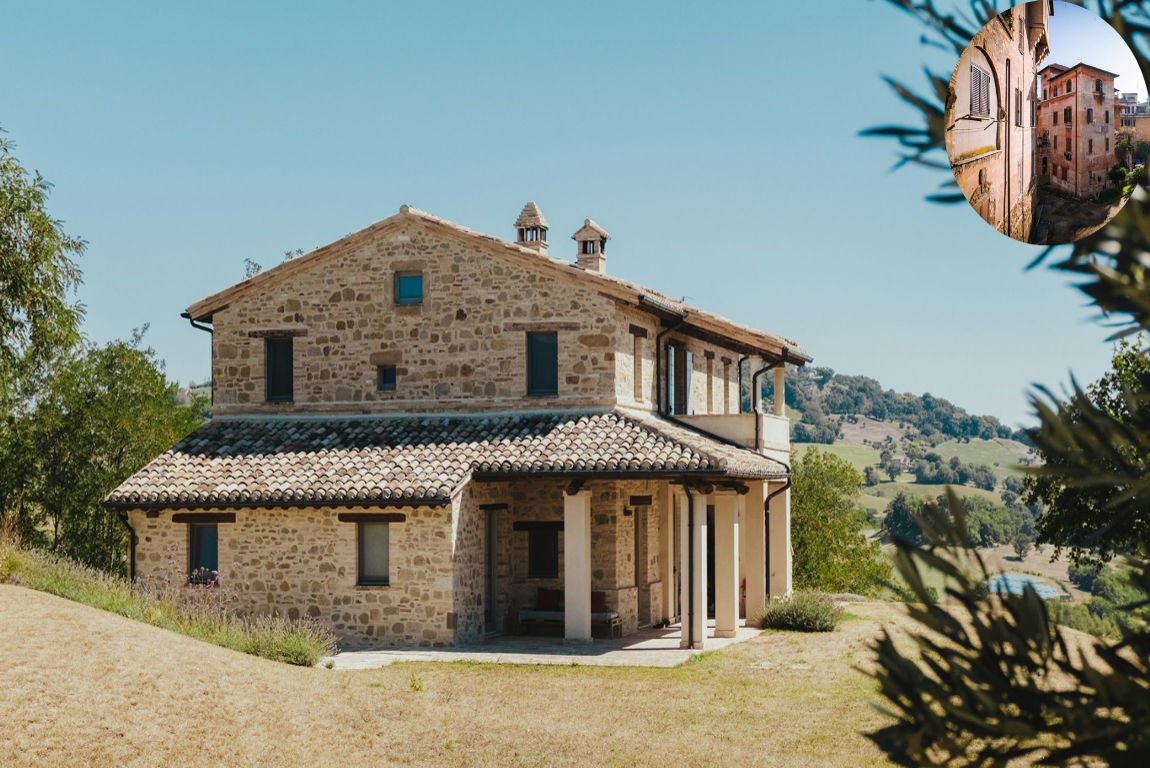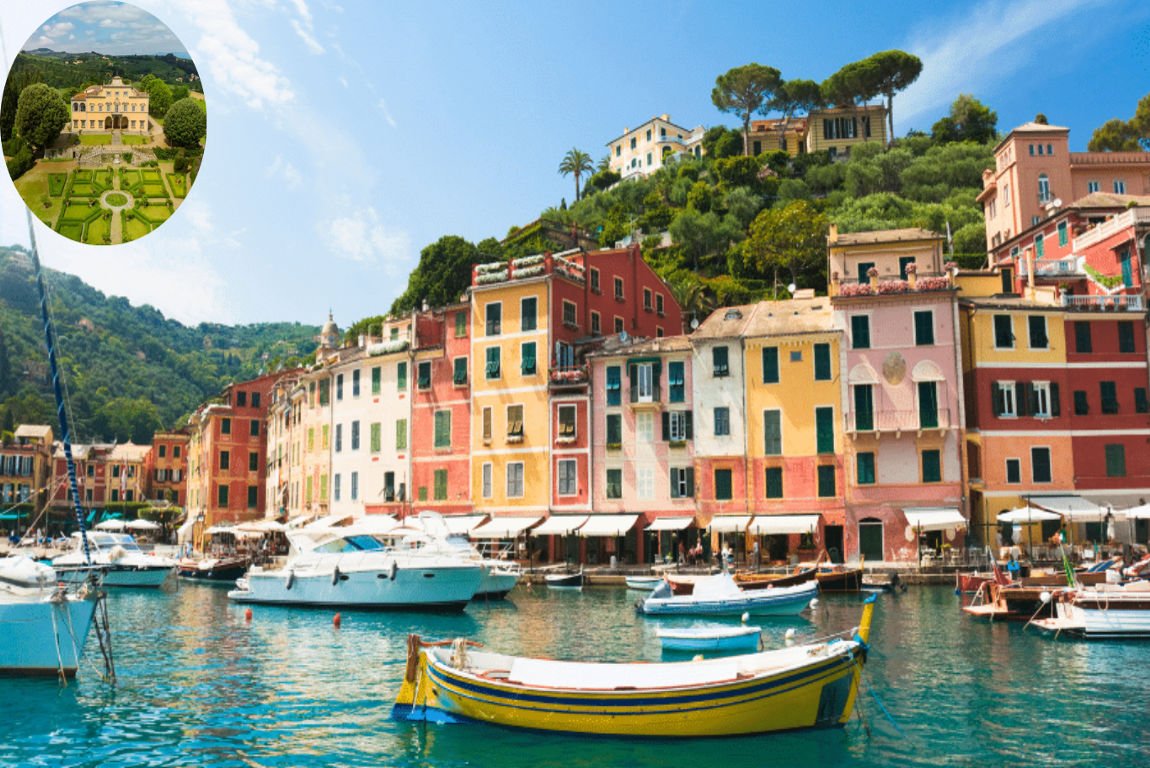Buying a house in Italy is a dream for many—whether it’s for the stunning landscapes, rich culture, or the chance to invest in a country famous for its history and charm. From breathtaking countryside villas in Tuscany to seaside escapes along the Amalfi Coast, Italy offers an unmatched variety of real estate opportunities. However, purchasing property in a foreign country comes with its own set of challenges and complexities, especially if you’re unfamiliar with the local real estate system.
So, what does Italy use for real estate house transactions? Italy’s real estate process is steeped in tradition and follows a structured legal framework. Understanding this system is essential for a smooth and successful purchase.
Understanding the Italian Real Estate Market

Italy’s real estate market is diverse, offering something for everyone—from ancient apartments in historic cities like Rome to modern homes in Milan or rustic properties in the rolling hills of Umbria. Whether you’re looking for a vacation home, an investment property, or a permanent residence, understanding the market is the first step.
Types of Properties Available
Italian properties come in many forms, each catering to different lifestyles and preferences:
- Apartments Are Found in cities and towns, making them ideal for those seeking urban living or rental investments.
- Countryside Homes: Perfect for those dreaming of tranquil rural life.
- Seaside Villas: Popular along the Amalfi Coast, Sicily, and Sardinia for their luxury appeal.
Who Can Buy Property in Italy?
The good news is that Italy welcomes foreign buyers. Whether you’re an EU citizen or from outside the EU, there are no significant restrictions on purchasing property. However, non-EU buyers may need to meet particular residency or reciprocity agreements, depending on their home country.
What Does Italy Use for Real Estate House Transactions?
Italy’s real estate system is built on a legal framework that ensures transparency and security for buyers and sellers. Key elements include:
- Real estate agents (agenti immobiliari): They play a central role in property transactions, helping buyers find suitable properties and negotiating deals. Agents charge a commission (provision) of 3-5%, typically split between the buyer and seller.
- Notaries (note): Trusted legal professionals who verify all aspects of the property sale, ensuring compliance with Italian laws.
- Contracts and legal documents: Every step of the process involves formal agreements to protect both parties.
Local Knowledge is Crucial
Understanding market trends, property values, and local regulations can save you time and money. Collaborating with experienced agents and legal professionals ensures a smoother transaction and helps you avoid costly mistakes.
Essential Documents and Legal Requirements

Buying property in Italy involves a range of documents and legal requirements, which are crucial for avoiding complications later on. Here’s a breakdown of what you’ll need:
What is the Codice Fiscale?
The Codice Fiscale is an Italian tax code, similar to a Social Security Number in the U.S. or a National Insurance Number in the U.K. It’s a mandatory requirement for anyone buying property in Italy, as it’s used to identify individuals in financial and legal transactions.
You may also read (is there a sorority house at umiami).
How to Obtain a Codice Fiscale
Foreign buyers can apply for a Codice Fiscale at any Italian tax office or through their local consulate. You’ll need:
- A valid passport
- Completed application form
- Proof of address (if applicable)
Other Key Documents
- Passport: A valid passport is required for identification.
- Proof of Funds: This may include bank statements or evidence of a mortgage statement.
- Residence Permit (if applicable): Non-EU buyers may be required to provide a residence permit, depending on their specific circumstances.
Role of the Notary (Notaio)
Italian notaries play a crucial role in property transactions. They ensure the property is free from debts, verify ownership, and confirm compliance with zoning laws. They also oversee the signing of the final contract (cogito), ensuring a legally binding transfer of ownership.
Why Due Diligence Matters
While notaries play a key role, hiring a private lawyer can provide an extra layer of protection. A lawyer will conduct thorough due diligence to uncover potential issues, such as hidden debts or disputes over property boundaries.
Step-by-Step Process of Buying a House in Italy

The process of buying a house in Italy may seem daunting, but breaking it into manageable steps can make it more approachable.
You may also read (can a felon legally work as a home real estate agent).
Get Your Finances and Documents in Order
Before starting your property search, organize your finances. Determine your budget, including any additional costs such as taxes and fees. Please ensure you have your Codice Fiscale and other required documents ready.
Find a Property and Arrange Viewings
Work with a trusted real estate agent to find properties that match your criteria. Arrange viewings and take time to explore the area before making a decision.
Make a Formal Offer (Proposta di Acquisto)
Once you find the right property, you’ll make a formal offer, often accompanied by a small deposit to secure the deal.
Sign the Preliminary Contract (Compromesso)
The preliminary contract outlines the terms of the sale, including the deposit (usually 10-30% of the purchase price), obligations of both parties, and the timeline for finalizing the sale.
Due Diligence and Legal Checks
The notary conducts due diligence to verify the property’s legal status. This step is crucial to avoid surprises later.
Final Contract Signing (Rogito Notarile)
The final contract is signed in the presence of the notary. At this stage, the remaining balance is paid, and ownership is officially transferred.
Property Registration and Payment of Taxes
The property is registered in your name, and all associated taxes and fees are paid. These include registration taxes, notary fees, and agency commissions.
Timeline and Costs
The entire process can take 2-6 months. Buyers should budget an additional 10-15% of the purchase price for taxes and fees.
Costs and Taxes Associated with Buying Property in Italy

When buying property in Italy, it’s essential to account for the following costs:
Cost TypePercentage/Amount
Registration Tax 2-9% (depending on property type)
Notary Fees €2,000 – €5,000 (varies by property value)
Real Estate Agent Commission 3-5% of the purchase price
VAT (if applicable) 4-22% (for new properties)
In addition to these upfront costs, ongoing property taxes and maintenance fees should be considered.
Common Challenges and Tips for Buyers
Challenges
- Language Barriers: Many documents are in Italian, so hiring a translator or bilingual professional is helpful.
- Hidden Costs: Unanticipated fees can quickly add up without proper planning.
- Cultural Differences: Italian real estate practices may differ significantly from those in your home country.
Tips for Success
- Work with trusted professionals, including agents, notaries, and lawyers, who have experience in the Italian market.
- Conduct thorough due diligence to avoid surprises.
- Budget for taxes and fees in addition to the property price.
Best Places to Buy Property in Italy
Popular Regions for Real Estate
- Tuscany: Known for its rolling hills and historic charm.
- Rome: A hub for culture and history with a bustling real estate market.
- Lake Como: A luxury destination with stunning waterfront properties.
- Amalfi Coast: Perfect for seaside living and vacation homes.
Each region has unique legal and market considerations, so choosing the correct location for your needs is key.
You may also read (a guide to conveying the meaning of home).

